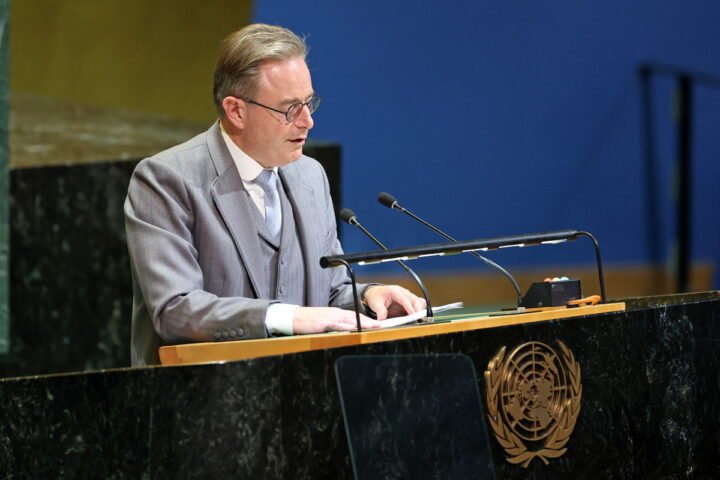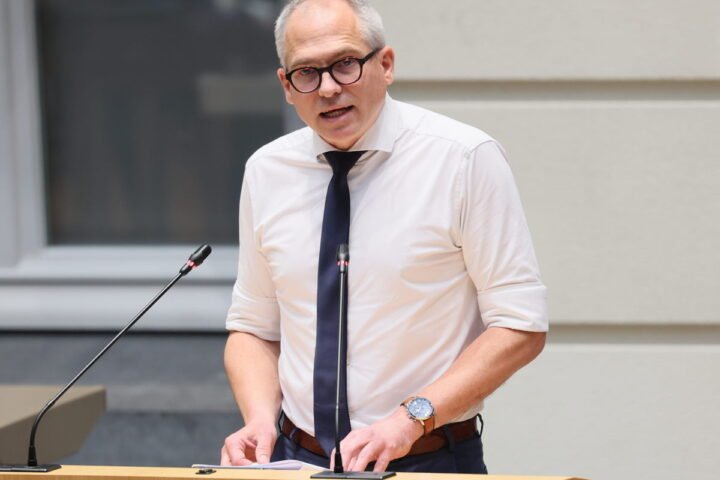Belgium’s Federal Budget Deficit Projected to Exceed €39 Billion by 2029
If policy were to remain unchanged, the federal budget deficit would rise to more than 39 billion euros in 2029, which is 1.7 billion euros more than estimated in July. That shows a new report by the monitoring committee, the group of senior civil servants that monitors the budget. The bad news only makes the De Wever government’s budget exercise more difficult, reports 24brussels.
Following Flemish minister-president Matthias Diependaele’s September Declaration on Monday, Prime Minister Bart De Wever is set to deliver his state of the union address to the Chamber on 14 October. This address is expected to outline a series of measures aimed at addressing the federal budget deficit, which continues to escalate.
The monitoring committee’s report serves as a critical precursor to discussions among federal government officials as they prepare next year’s budget. The newly released figures indicate that, without policy changes, the federal deficit will climb to 39.1 billion euros—equivalent to 5.5 percent of Gross Domestic Product (GDP)—by 2029. This marks an increase of 1.7 billion euros over previous estimates made in July. Projections for 2030 estimate the deficit will reach 42.5 billion euros. For the upcoming year, the federal budget is anticipated to register a deficit of 26.2 billion euros, a slight decrease from earlier projections.
The negative revision for 2029 can largely be attributed to rising interest rates on Belgium’s debt, which amount to approximately 1.4 billion euros. Additionally, there is a projected decline in revenues totaling 700 million euros, alongside an increased obligation for the federal government to allocate an extra half a billion euros to the regions.
The government has cited mitigating factors, asserting that the monitoring committee’s report inadequately considers payback effects. Officials have also pointed to increased defense spending and the ongoing geopolitical instability, which is adversely impacting economic growth.
The budget figures starkly contrast with the administration’s commitment to reduce the federal deficit to 3 percent of GDP by 2029. Achieving this goal would necessitate closing an 18 billion euro gap by that year. However, the government has recently tempered this ambition. De Wever noted in the Chamber last week, “The closer we can get to that, the better.”
In the coming weeks, the critical issue will be determining how the government plans to address the deficit, especially after implementing significant reforms in areas such as pensions and the labor market.









